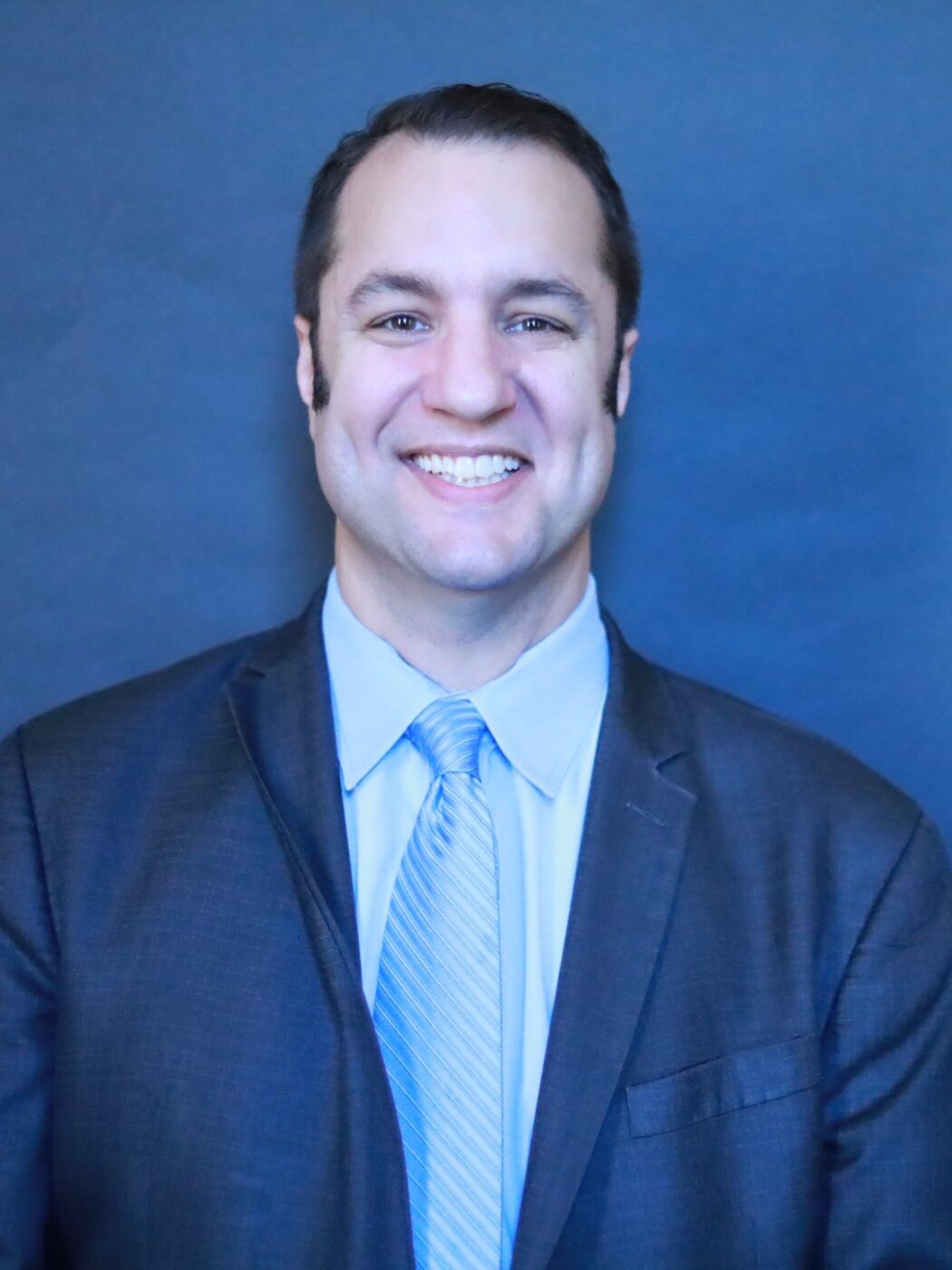Jesus’ Identity
Recently, I had the opportunity to make a Lenten presentation at a local parish. One item which arose during the course of my talk was a phenomenon captured in the synoptic Gospels known as the “messianic secret.” This is a phrase that New Testament scholars use to describe passages where Jesus tells people not to speak about him. A curious marketing decision on Jesus’ part, no? For example, after the Transfiguration – which was the Gospel proclamation for the second Sunday of Lent – Jesus instructs Peter, James, and John “to tell no one what they had seen” (Mk 9:9). Jesus does the same after Peter’s confession of faith that he is the Christ (Mk 8:30); as well as after performing exorcisms or healing miracles (Mk 1:34, 44; 5:43; 7:36). Why would Jesus not want people to know his true identity? A possible answer can be discerned in the second half of the quotation above; namely, “until the Son of Man should have risen from the dead” (Mk 9:9). It will not be until after Jesus’ crucifixion and resurrection that his disciples will truly know who he is. [Technically speaking, it won’t be until Pentecost (see Acts 2)].
During his earthly ministry, in fact, his disciples frequently misunderstand who Jesus is. We often take note of Jesus’ conflicts with, say, the Pharisees and scribes. But how often do we notice that even his closest disciples don’t know who Jesus is? Again, to take the most glaring example, after making his confession of faith that Jesus is the Christ, Peter “began to rebuke him” after our Lord predicted his own passion. Peter was correct in his confession of faith but, like a child who might give his teacher the right answer by sheer guesswork, he doesn’t know what he’s saying; nor do James and John (Mk 10:37-8) or the other disciples (Mk 9:32-4). And as we celebrate Palm Sunday on the 24th, one might wonder how much the multitude that heralded Jesus’ entry in Jerusalem knew about him (Mk 11:8-10). Who did they understand him to be? Our Lord makes clear that his identity is bound up with his forthcoming passion and death. Christ and the cross cannot be separated, and one cannot understand the former without the latter. In the Gospel reading from the fifth Sunday of Lent, Jesus not only predicts his coming passion but calls it his “hour of glory” (Jn 12:23). Consequently, as his disciples, we are called to follow Jesus by bearing our own crosses (Mk 8:34) and by serving one another (Mk 9:35). “For the Son of man also came not to be served but to serve, and to give his life as a ransom for many” (Mk 10:45). It’s easy to rejoice in the new life promised by the resurrection but, if we be Jesus’ disciples, the passion necessarily comes along with it. There’s no Easter Sunday without Good Friday.


